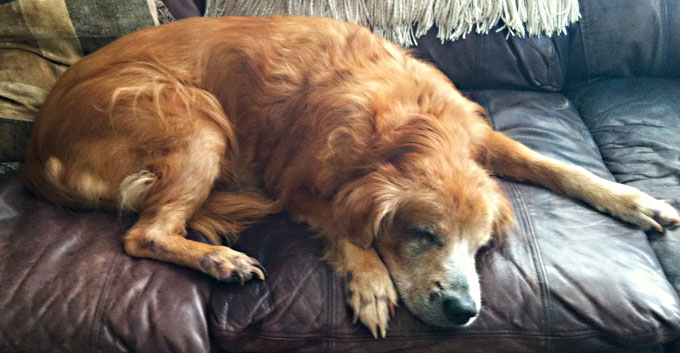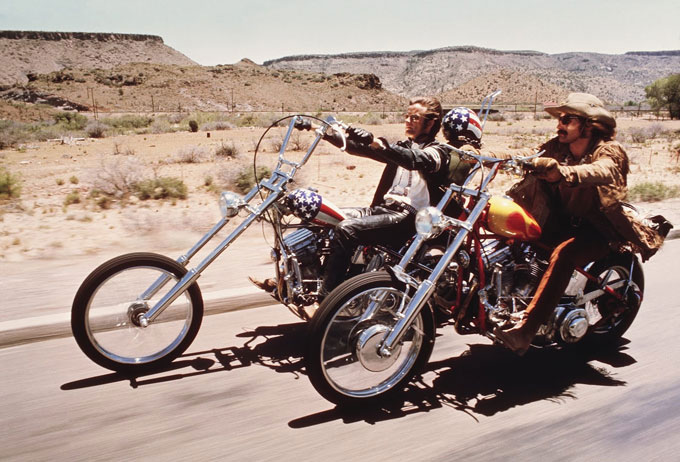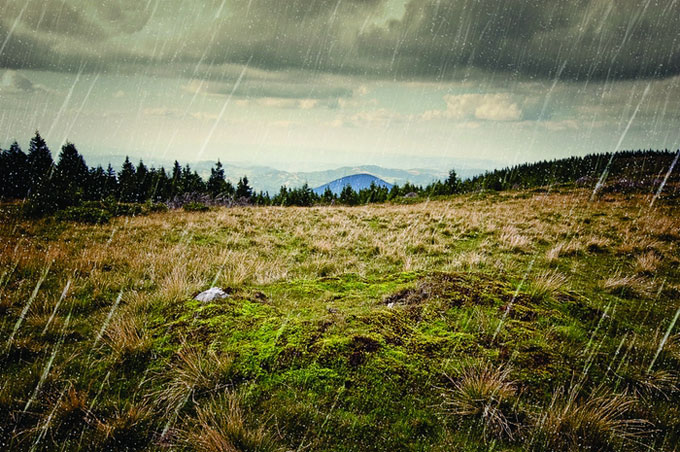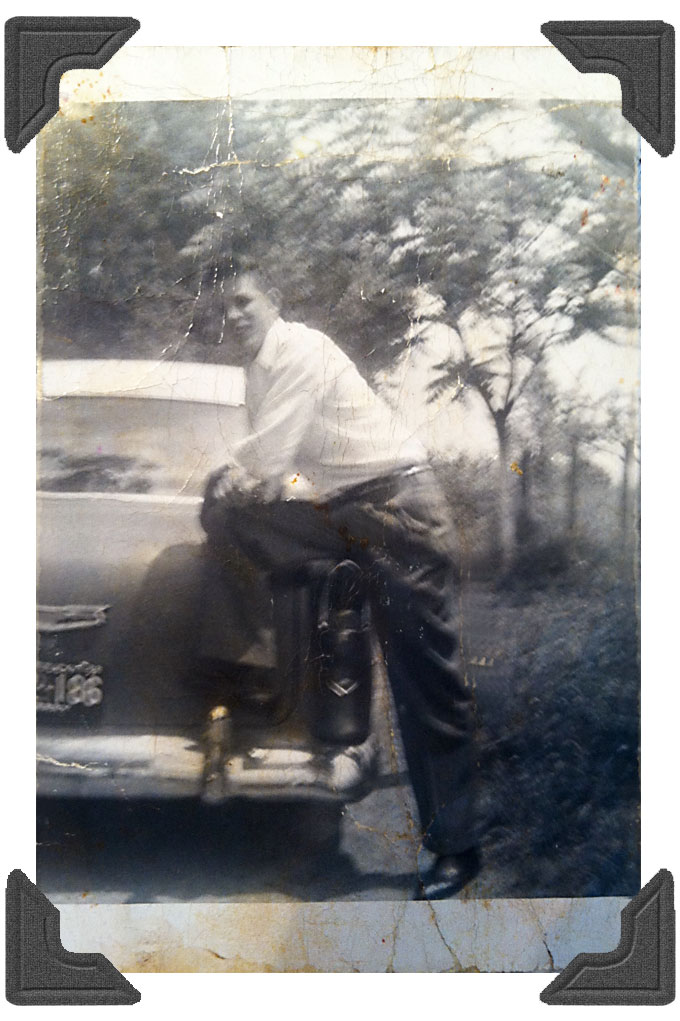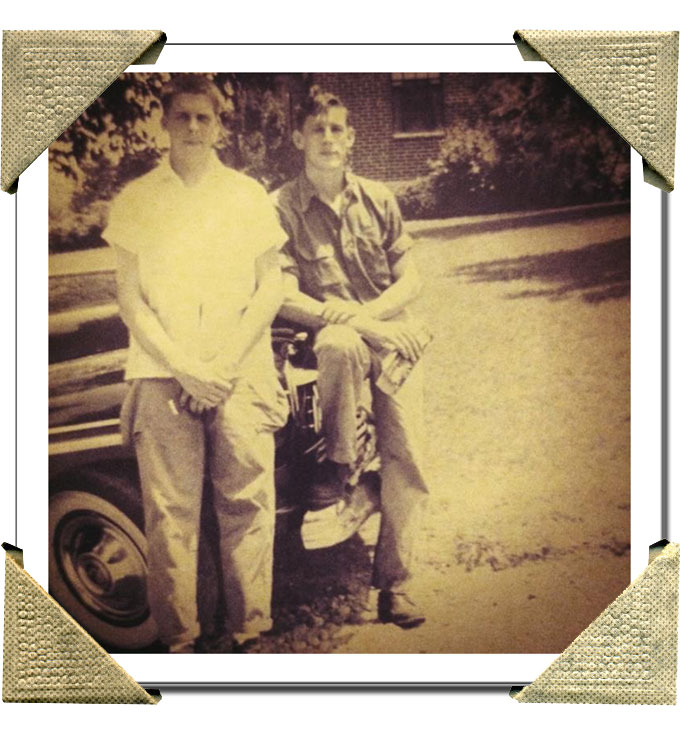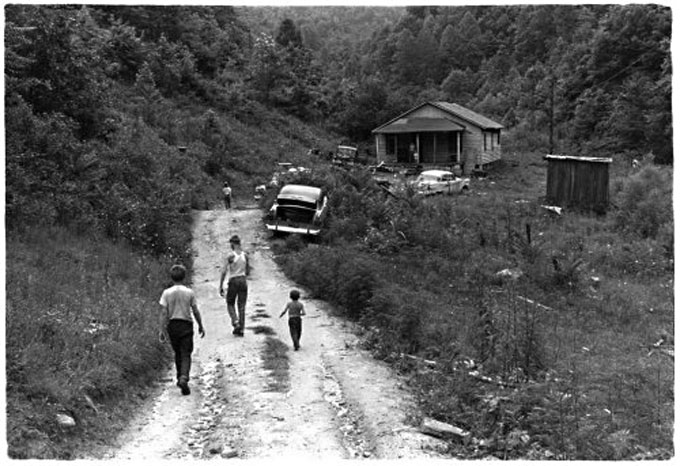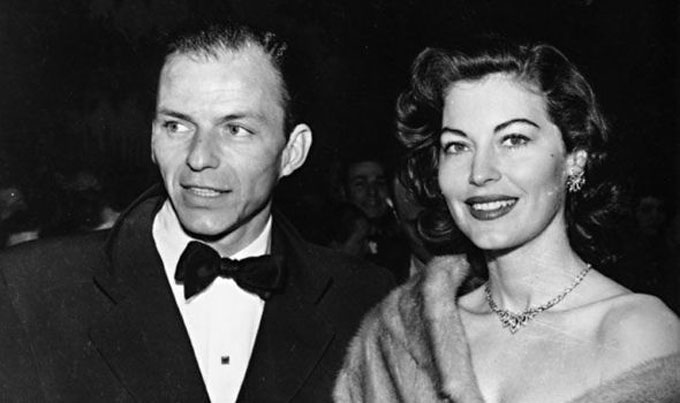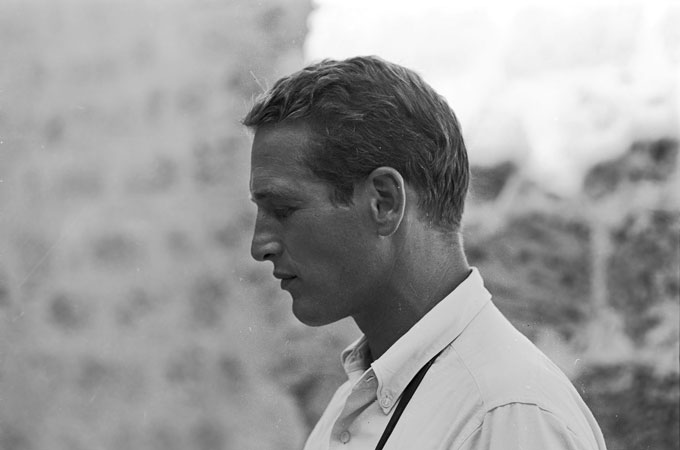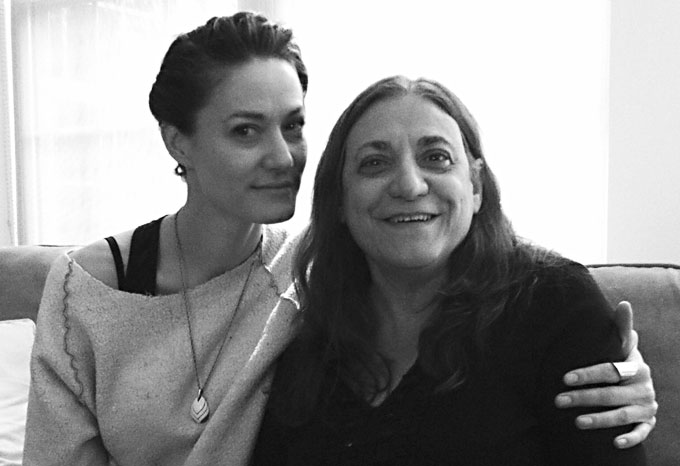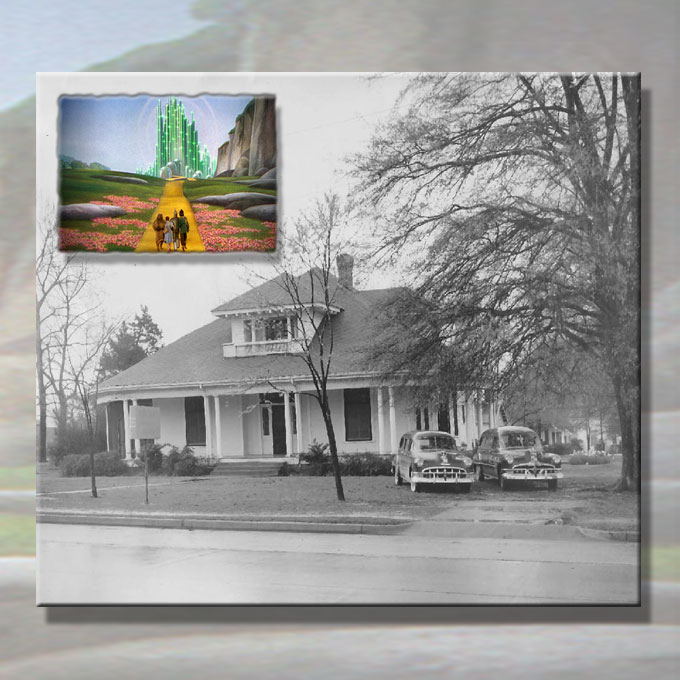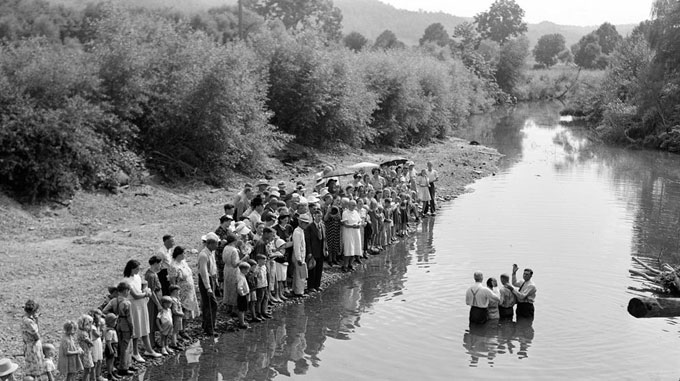Miracles
There are the extraordinary few we hear of
like Joan of Arc, who, by some fluke of grace,
deciphered the message; had a constituency,
and gave back what they heard, regardless.
By the Men’s Room in Miracle Car Wash
in Dubuque, Iowa, I recall my cousin Bob
telling me he heard the audible voice of God.
By a turnstile in the Customer Waiting Area,
thinking of Bob and believers who overstate
in service to the cause of faith, I feel indebted,
recalling he risked censure to say there is more.
Still, I’m hoping they can get the dead bugs off,
wishing away a deep-buried scratch in the paint
where a bystander dreaming of earned heaven
or hell brushed against a passenger-side door.
I’ve been to Ohio to bury Bob who has died,
a last pronouncement that he needed to sleep
for a while. Maybe the best reason to believe
is vacuuming the interior floor of my Toyota:
the owner hires parolees and convicted felons
in service to minimum-wage second chances.
I’m thinking you have to hand it to Iowans:
with or without miracles, they get it done.
A warm, sudsy water gushes over my car
identifiable by Obama-Biden messaging
against the sea of McCain-Palin decals.
It’s as if I’m in attendance at a funeral,
Bob’s, though I recall grief is like that
and reshapes the interior self for years.
I sentinel the forced-air dryer beading
a runoff from the rinse-dry cycle, hear
Bob reminding me he sold everything
and relocated to Springfield, Missouri
on orders of vocal sounds answering,
through machine hum and grim gray,
a need to be bright silver for a while.

